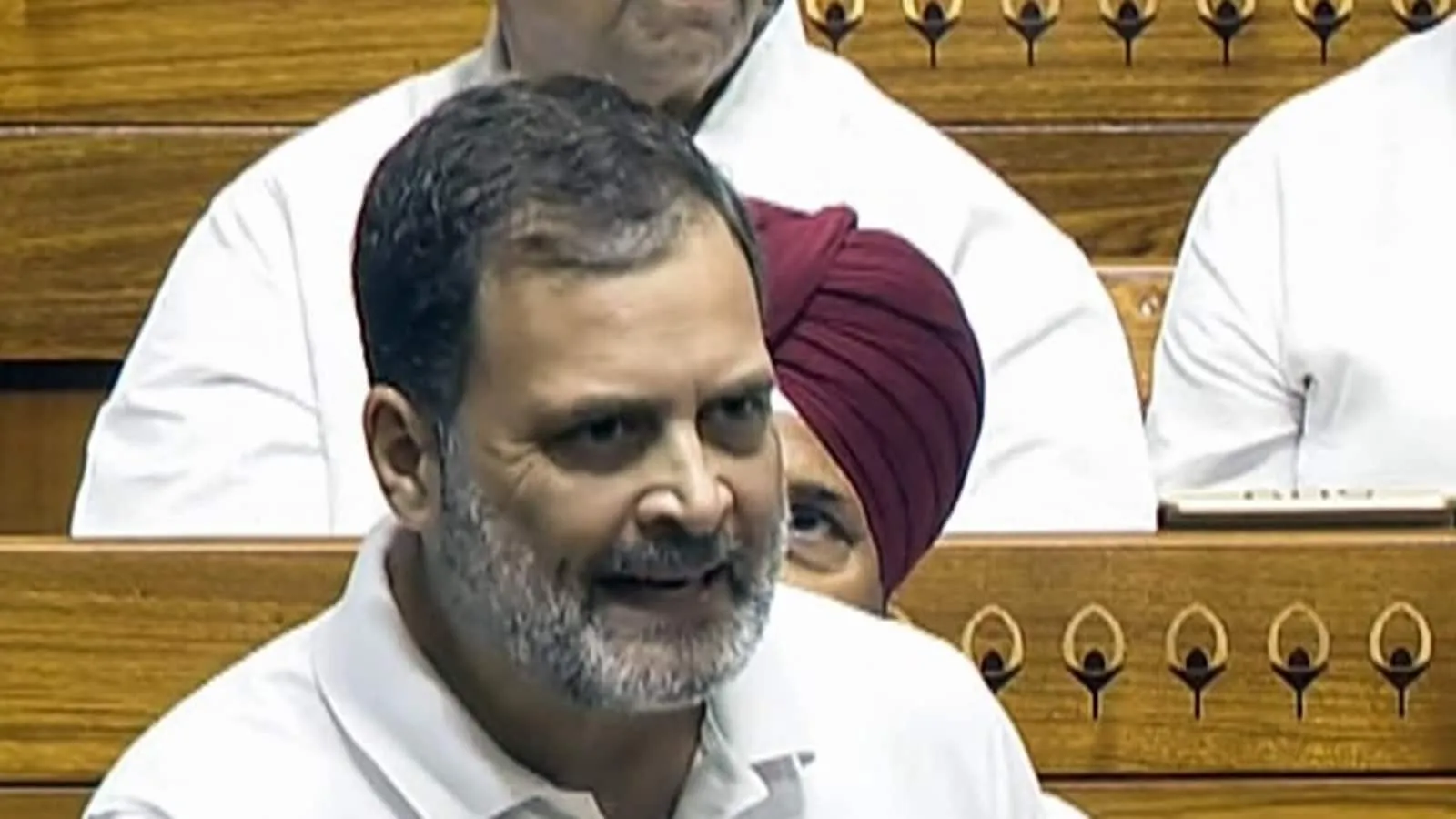Trump’s ‘Big Beautiful Bill’ and Its Impact
Republicans are touting the significance of the legislation, which includes $4.5 trillion in tax cuts. They argue that the bill is crucial to prevent a massive tax increase once the tax breaks from Trump’s first term expire in December.
The bill also aims to raise the child tax credit from $2,000 to $2,200, aligning with the pro-life stance of the Trump administration. Additionally, it introduces a deduction for older adults earning up to $75,000 annually to eliminate taxes on their Social Security benefits. Moreover, numerous business-related tax cuts are included to stimulate economic growth.
Funding and Provision Details
The legislation provides around $350 billion for national security funding. It also includes provisions for 100,000 migrant detention facility beds, a move in line with Trump’s plan to establish the largest mass deportation center in the US.
Extra Funding and Immigration Measures
The bill allocates funds for hiring Immigration and Customs officers. It introduces new fees for immigrants seeking asylum and protection to help cover these expenses.
Defense Services and Security
The Pentagon will receive billions for ammunition and quality-of-life improvements for defense personnel. Additionally, $25 billion is designated for the development of the Golden Dome missile defense system.
Impact on Medicaid and Food Assistance
To balance the new spending and compensate for lost tax revenue, the bill proposes cuts to Medicaid and food assistance for individuals below the poverty line.
Republicans claim that these changes will ensure that safety net programs serve their intended population and reduce instances of waste, fraud, and abuse. They propose a new $35 co-payment for Medicaid services. However, the Congressional Budget Office estimates that implementing this bill could lead to approximately 11.8 million more uninsured Americans by 2034.
Tax Break Adjustments
The bill also includes revisions to tax breaks related to clean energy projects. Previously enacted tax breaks under President Joe Biden’s administration focused on combating climate change and reducing healthcare costs.
Specifically, tax breaks for purchasing new or used electric vehicles are set to expire on September 30 of this year, instead of the previous end date in 2032.
Future Projections
According to the Congressional Budget Office, the bill is forecasted to increase federal deficits by nearly $3.3 trillion from 2025 to 2034.






